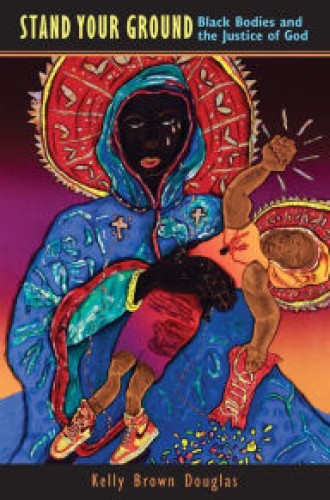White space, black lives
I received the request to review Stand Your Ground a few weeks after Freddie Gray was killed while being transported in a Baltimore police van. His death incited protests reminiscent of events in Ferguson, Missouri, after Michael Brown was killed by a police officer a few months before. While I was reading the book, a police officer in McKinney, Texas, pulled his gun on teens at a pool party and violently pinned a 14-year-old girl to the ground. I became apprehensive about reading the book as Kelly Brown Douglas’s main thesis was displayed in the news again and again. Stand-your-ground culture and the stand-your-guard war represent the perennial cost to black bodies of the persistent myth of Anglo-Saxon exceptionalism.
The final words from Audre Lorde’s 1978 poem “Litany for Survival”—“we were never meant to survive”—provide a suitable historical framework for conversations about racial justice in the United States in the year since Ferguson. Douglas echoes the narrative arc in Lorde’s poem, beginning her analysis with a study of Tacitus’s first-century treatise Germania, which promoted Germanic superiority in political, moral, economic, and intellectual spheres. Later, Douglas writes, “the English considered themselves the descendants of the Germanic tribes identified by Tacitus.”
The narrative of Anglo-Saxon exceptionalism was imported by the Pilgrims, and civic and religious legitimation was woven into the fabric of early U.S. political culture and identity: with divine blessing, a new nation would be built, and the people of the nation would display Christian character. Douglas places the stand-your-ground war within this context of Anglo-Saxon exceptionalism.






